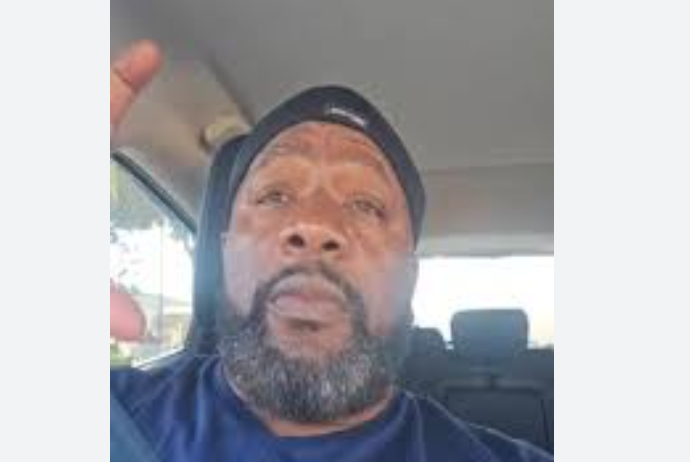Eugene “Big U” Henley Indicted on Federal Charges
In a significant escalation of a major gang investigation, Eugene “Big U” Henley, a prominent community figure, has been formally indicted on a sweeping array of federal charges. The 58-year-old is facing a 43-count indictment that raises serious allegations of his involvement in a criminal enterprise encompassing robbery, extortion, fraud, and additional offenses. The case, which has drawn considerable attention, highlights ongoing efforts by law enforcement to combat gang-related activities in Los Angeles.
Details of the Charges
The indictment, issued by the U.S. Attorney’s Office for the Central District of California, includes several serious charges against Henley. These charges are:
- One count of RICO conspiracy
- Multiple counts of Hobbs Act violations (which include robbery and extortion)
- Fifteen counts of wire fraud
- Five counts of embezzlement from federally funded programs
- One count each for bank fraud, tax evasion, and Mann Act violations
- Two counts of willful failure to file tax returns
If convicted, Henley faces substantial prison time, with possible sentences ranging from 10 years for embezzlement to 30 years for bank fraud. The severity of these allegations exemplifies the federal government’s determined approach to tackling organized crime in urban communities.
Statements from Authorities and Legal Representation
Acting U.S. Attorney Joseph McNally commented on the gravity of the situation:
“As the indictment alleges, Mr. Henley led a criminal enterprise whose conduct ranged from murder to sophisticated fraud that included stealing from taxpayers and a charity. Eradicating gangs and organized crime is the Department of Justice’s top priority. Today’s charges against the leadership of this criminal outfit will make our neighborhoods in Los Angeles safer.”
The indictment has found some notable backlash, particularly from Henley’s attorney, John Targowski, who asserted his client’s innocence:
“He looks forward to a vigorous defense of these charges and maintains his innocence.”
Prior to his arrest, Henley had taken to social media to express his frustrations, stating in a now-deleted video:
“I ain’t did nothing…I ain’t been nothing but help to our community. But I guess it is what it is. This is the price of being Black and trying to help somebody, trying to help your community and do what you can.”
These sentiments indicate Henley’s belief that his legal troubles are intertwined with systemic issues of race and community activism, adding a layer of complexity to the public’s perception of the case.
Co-Defendants and Future Proceedings
In addition to Henley, five co-defendants have also been named in the indictment, including: Sylvester Robinson, Mark Martin, Termaine Williams, Armani Aflleje, Fredrick Blanton Jr., and Tiffany Hines. All co-defendants remain in federal custody as the legal proceedings unfold.
Henley is scheduled for arraignment on April 8, with a detention hearing to follow on April 10. These upcoming court dates will be critical as defense strategies begin to take shape and charges are formally weighed.
Significance and Implications
This indictment against Eugene "Big U" Henley is emblematic of a broader crackdown by law enforcement on gang violence and organized crime within urban centers. The case not only impacts Henley and his co-defendants but also raises questions about the intersection of community leadership, activism, and the legal system in areas significantly influenced by gang culture.
The outcome of this legal battle may influence future community relations and law enforcement strategies aimed at gang reduction. As the situation develops, it will be essential for the community and observers to remain aware of the implications this case holds for social justice and the fight against crime within marginalized neighborhoods.
Through this ongoing narrative, the complexities of criminality, community leadership, and the legal system vividly intersect, underscoring the often contentious discourse surrounding these issues. As this case progresses, the wider implications for both the affected community and systemic efforts to curtail crime will undoubtedly come to the forefront.









